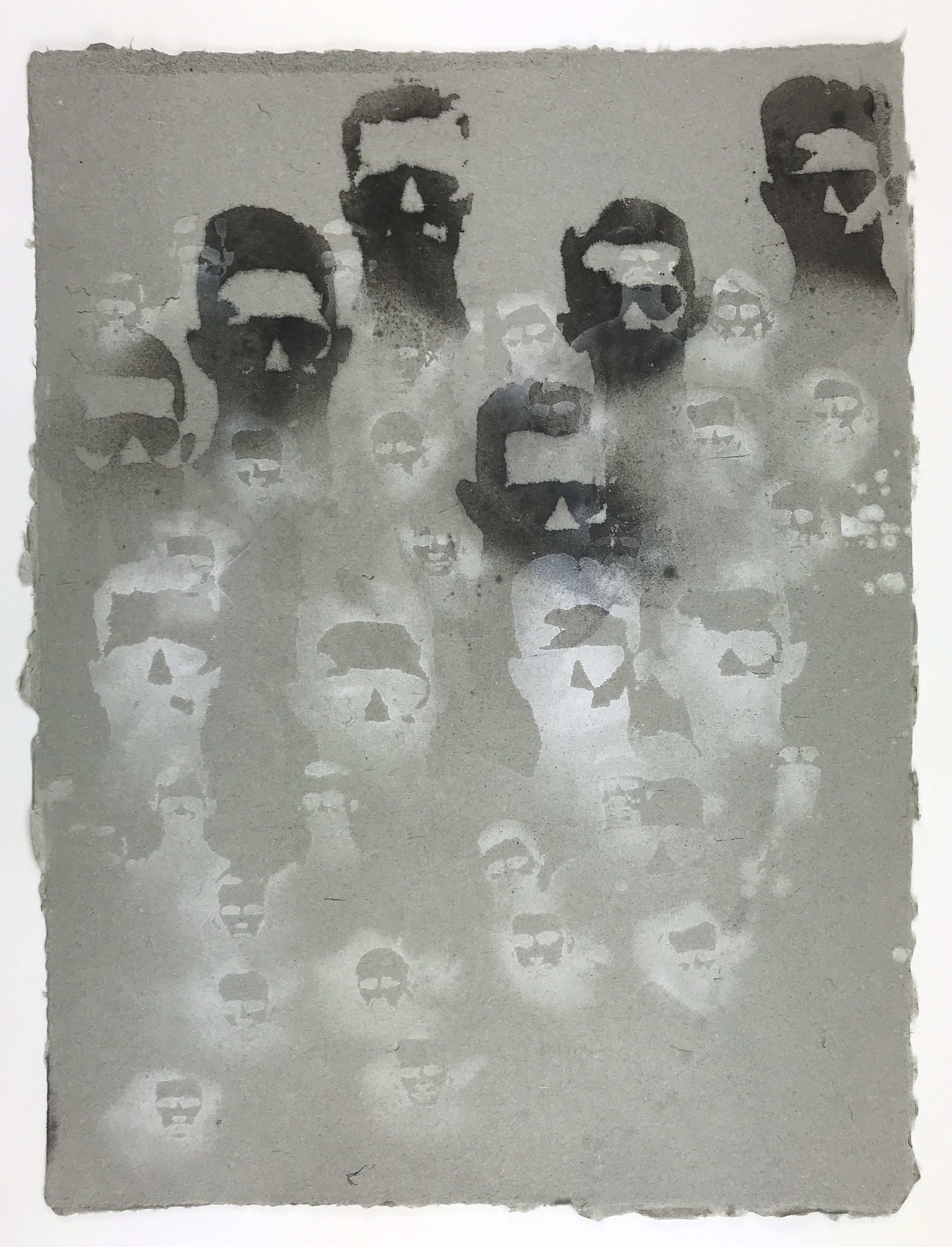Written by guest blogger, MaryCatherine McDonald.
In her wonderful essay, “Philosophical Plumbing” – in which Mary Midgley compares philosophy with, well, plumbing – Midgley writes, “when the concepts that we are living by function badly, they do not usually drop audibly through the ceiling or swamp the kitchen floor. They just quietly distort and obstruct our thinking.” It’s a haunting idea – that conceptual mistakes can be so invisibly insidious and corrosive. When we think about things like oppression, we often focus primarily on the victims of that oppression, as we should. But we also need to pay attention to the fact that oppressive structures do not only impact individuals – they infect our ideas, and by extension everything that is touched by those ideas.
Something that I struggle with when teaching the philosophy of gender is getting my students to understand the ways in which structures designed to oppress women or other minority groups eventually impact all of us. Though women are certainly oppressed by the stereotyping, fragmentation, and objectification of patriarchal society, the damage does not end here. The oppressive structures of power also influence the concepts within that patriarchal society, giving birth to all sorts of other flawed ideas. Because we are still so focused on who is oppressed and who is to blame for that oppression, we miss the way in which gendered norms infect all areas of our lives.
How are the concepts that we are living by functioning badly? And how might we fix them? To continue the plumbing analogy, we first must find the source of the leak. It is in this spirit that I began thinking about the history of combat trauma, and the ways in which our ideas of trauma in general have their roots in pernicious concepts about gender and weakness. If our current classification of PTSD begins with hysteria – a diagnosis deeply rooted in misogyny – how might this impact the way that we understand the phenomenon?
In the paper, I explore the ways in which we have used the oppressive structures at work within our understanding of PTSD to systematically undermine those who suffer from it. To silence them, negate their experience, and prolong their suffering. It’s not the gender of the soldiers at issue here – it is the way that gender informs our understanding of combat trauma. How do conceptions of femininity (in a pejorative sense) and weakness get imported from history into clinical and societal understandings of trauma today? Finally, what might happen when we free our understanding of combat trauma from these insidious concepts? We come to see it as it really is: an adaptive response to an overwhelming experience that is rooted in an impulse to survive, a response borne of strength, not weakness.
MaryCatherine McDonald is an assistant professor of philosophy at Old Dominion University. Her research lies at the junction of phenomenology and psychology. She has recently published essays on the phenomenology of combat trauma, the history of post-traumatic stress disorder, and moral injury. Her latest article, “Hysterical Girls: Combat Trauma as a Feminist Issue,” appears in the Spring 2018 issue of IJFAB: International Journal of Feminist Approaches to Bioethics and is available here: http://bit.ly/ijfab111a.

Comments on this entry are closed.